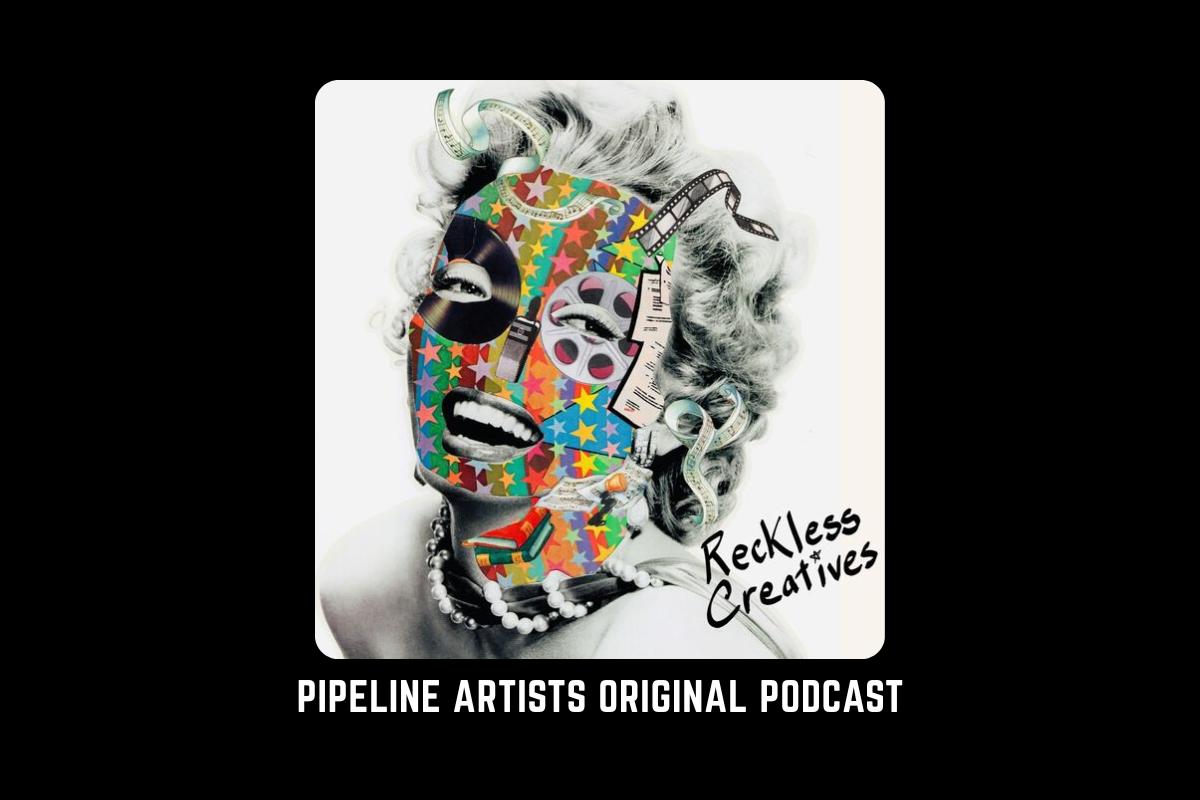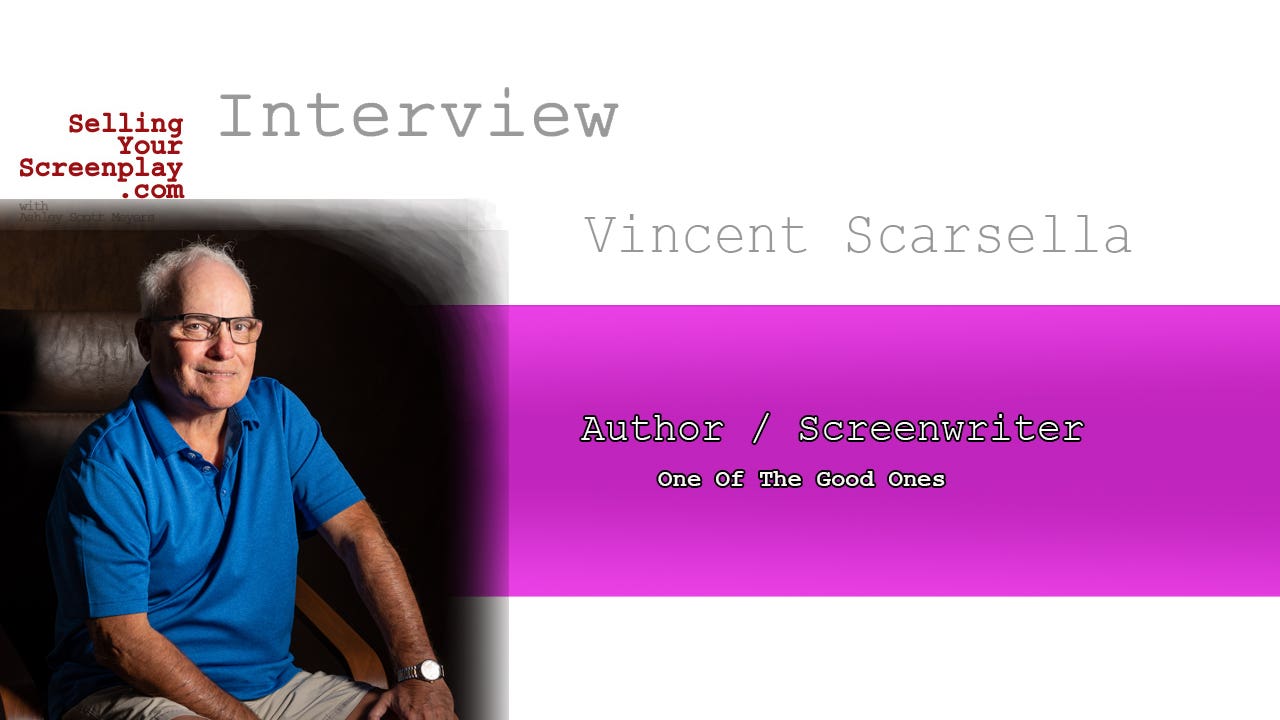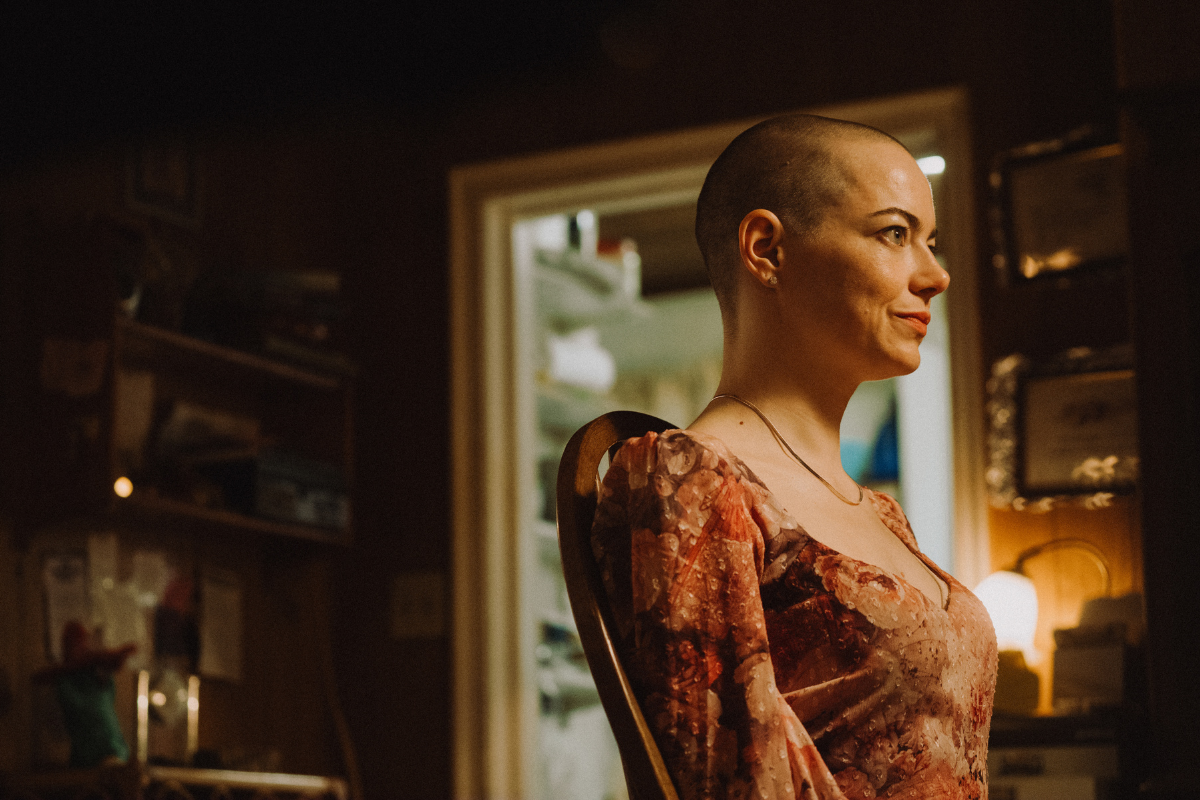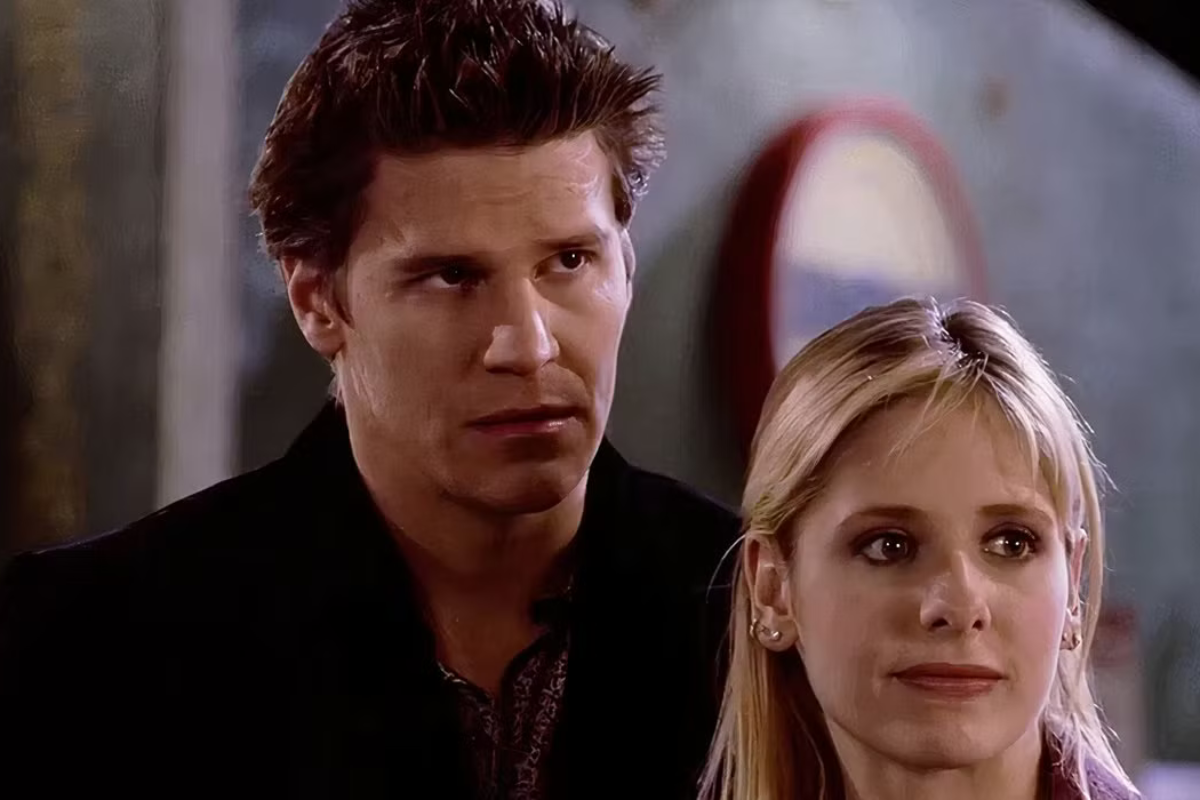Writers On The Web: Developing Web Series Ideas, Part 2 – Interview with Writers of “Re-Election”
By Rebecca Norris Welcome back! In Part 1 of this series on developing web series ideas, we talked about ways to brainstorm your premise, while making sure that it’s filmable…
By Rebecca Norris
Welcome back! In Part 1 of this series on developing web series ideas, we talked about ways to brainstorm your premise, while making sure that it's filmable on your budget. Today I’m sharing my interview with writer/director Paul Karpenko and writer Evan McNamara, who are putting these notions into practice with their brand-new web series, Re-Election.
Paul recently moved to L.A. from Chicago, where he directed a number of short films. Evan, who also now lives in L.A., has been writing novels and screenplays for the past ten years and earned a Master’s in Creative Writing from the University of Missouri-Kansas City. After Paul created the concept for Re-Election, a political sci-fi web series, he teamed up with Evan to develop and write the 8-episode series. The pilot was shot in early July, and is now in post-production.
Re-Election is about an election night stuck in a time loop. Jamie, a mid-level campaign staffer is stuck watching her candidate lose again and again. After months of looping time, she's resigned herself to the dull monotony of an ever-repeating, predictable existence. In the first episode, though, something happens and the final election count is different from what Jamie is used to. Something changed or maybe Jamie changed something -- and maybe winning the race is the ticket out. Can she figure out the mystery behind her predicament and break the cycle?
Rebecca: What inspired this story? How did you come up with the idea?
Paul: I was thinking for a while that I wanted to do a web series, and I didn’t really have any ideas. I was on a plane, and I just kind of sat for an hour or two and just wrote down everything that I’m interested in, literally, like: ”things that interest me.” And from out of that came: how people learn things, how knowledge is created, how experience is built, what makes an experienced person more able to do something than a less experienced person... what part of that is intelligence, what part of that is practice makes perfect... a lot of that kind of stuff, and out of that, I got this idea of distilling the process of learning to a literal repetition of the same event.
And so from repeating the same day, we can follow these characters, especially our main character, Jamie, who has been repeating the same day, and it’s kind of an allegory for your day to day life. You have this kernel of an idea or something sparks your interest, and for Jamie, it’s the fact that at the end of the day the needle moves somehow, and she gets this idea that maybe they can win the election.
How do you go about that, what are the things you latch onto? In our story, it turns out she can bring people into the loop, more people can repeat the day with her. And so that’s analogous to having influence and convincing people of things, and that’s why the political space was interesting, it’s all about convincing people of things and getting things done.
Rebecca: Do either of you have a political background?
Paul and Evan: No.
Rebecca: How did you research to make sure that the political environment you’re writing about comes across as genuine?
Paul: My girlfriend has a friend who worked on political campaigns and for communication directors... and has a lot of experience on how this works. She shared some documents with us so we could learn how these people talk to each other.
Evan: And what I got from that material was the language. As a writer, you want to identify what is going to make your dialogue authentic. The key is that it doesn’t need to be 100% authentic, it’s not as though it’s a documentary, it is fiction. So the goal is, how can you introduce plausibility and authenticity, while achieving the goal of telling the story? When we finished the outline, we also ran that past our friend as well, for an authenticity test, in order to make sure we weren’t going off the rails as far as what was realistic or plausible. One thing we always struggle with as writers is... the universal Truth: what is Jamie’s overall objective, what are each of these characters’ objectives, that’s going to make them a better person or a changed person by the end of the story?
Rebecca: What made you decide, rather than writing a traditional TV pilot, to write for new media?
Paul: I just wanted to get something done. I don’t consider myself a writer, I consider myself a filmmaker, and what interests me is to create content, that’s what drives me, what’s engaging for me. I wanted to come up with an idea that’s basic at its core, and filmable. This is a small campaign, takes place in one office, every day is the same, the set design doesn’t need to change much. The goal was always to film something, to have a project that is realistically filmable.
Evan: We chose this medium not only because we want to film something and make a product—we want to get eyeballs on it. We want people to see our work. Like many other artists, we’re pursuing multiple avenues to get our work viewed. This is a good avenue, probably one of the best avenues, to do so. A five-minute webisode is not something that is necessarily easy to put together, but the constraints we developed made it easier. The goal is that we want people to experience our work.
So rather than trying to convince someone, or try to get a distributor to see our film, or take a chance on us, we’re just saying--let's put something together that has a visual. As a writer, that’s something I’m learning. I can write a script, and that’s one thing. But taking that script and having a visual for it is an important aspect of any writer’s portfolio. If you don’t take that next step, your stuff may always stay on paper.
Re-Election will be starting a crowdfunding campaign at the end of the summer to raise funds for the remaining 7 episodes. To learn more about Re-Election, check out their Facebook page.
In my next article, we'll be exploring theme and asking yourself the central question: what the heck is my series actually about?
Related Articles:
- More Writers On The Web articles by Rebecca Norris
- Balls of Steel: Jane Espenson Takes on the Web
- Script Angel: Giving Your Characters a Hard Time
- Screenwriter’s Guidepost: Agents and Managers for Screenwriters – How the Hell Do I Get One?
Tools to Help:
Rebecca Norris Resnick is a screenwriter, filmmaker, instructor for Writer’s Digest University, and columnist for Script Magazine. Distributed features include Cloudy With a Chance of Sunshine (Indie Rights and House Lights Media) and short films On Becoming a Man (Shorts International) and Toasted, which won the Canadian Film Centre’s ShortsNonStop competition. Rebecca’s films have screened in festivals worldwide including Cannes, Dances With Films, Hollyshorts, Manhattan Film Festival, Breckenridge Film Festival, and the Julien Dubuque Film Festival, and have won and been nominated for numerous awards. Rebecca is also an alumna of the ABC/Disney Television Discovers program, where her script Misfortune Cookies was performed in both New York and Los Angeles. When not working on her newest project, Rebecca stays on her toes chasing both her adorable daughter and her tuxedo cat, Sox.
Learn more about Rebecca at rebeccanorrisresnick.com.






